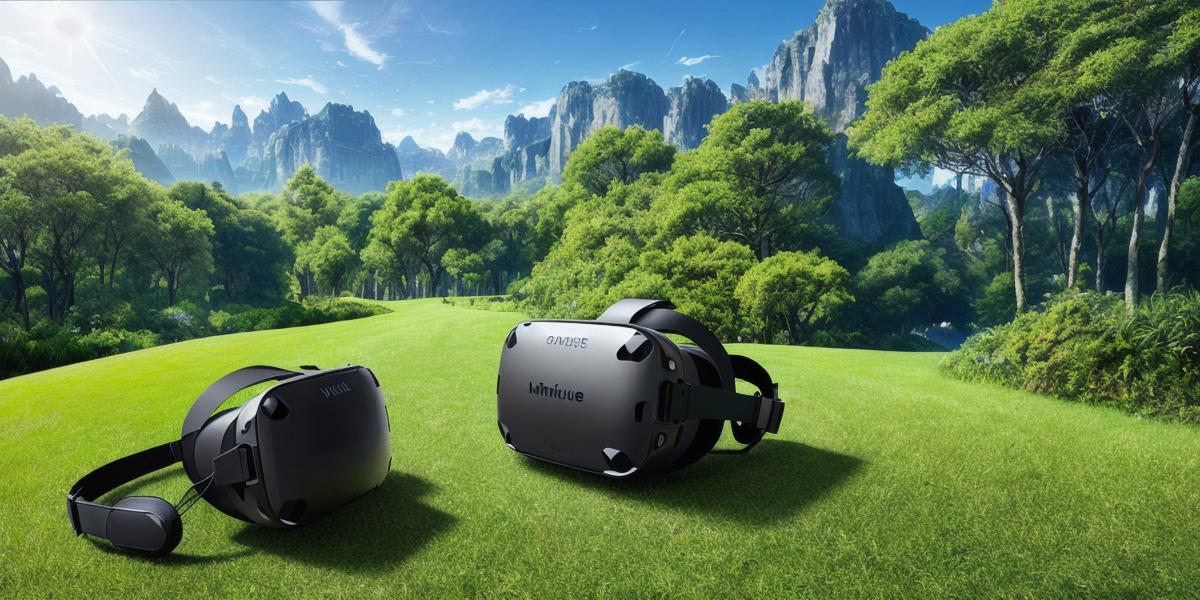Virtual Reality (VR) is a rapidly evolving technology that has already begun to change the world in numerous ways. From gaming and entertainment to healthcare and education, VR has the potential to revolutionize many industries and improve our daily lives in countless ways. In this article, we will explore some of the most exciting and innovative applications of VR and discuss how they will shape the future of this powerful technology.
One of the most obvious ways that VR is changing the world is through its impact on entertainment. From immersive gaming experiences to interactive movies, VR has opened up new possibilities for storytelling and engagement. For example, the popular VR game "Beat Saber" has become a cultural phenomenon, with millions of people around the world enjoying the thrill of virtual reality dance battles. Similarly, the VR movie "A Christmas Carol" allowed viewers to step inside the classic holiday tale and experience it in a whole new way.
Another area where VR is making a big impact is in healthcare. By creating realistic simulations of real-world medical scenarios, VR can help doctors and nurses train for emergencies and improve their skills without putting patients at risk. Additionally, VR therapy has been shown to be effective in treating a wide range of mental health conditions, from anxiety and depression to PTSD and phobias.
In education, VR is being used to create more immersive and engaging learning experiences. From virtual field trips to interactive history lessons, VR can help students learn in ways that are both fun and effective. For example, the VR app "Anatomely" allows students to explore the human body in a 3D environment, helping them better understand the complex systems that keep us alive.
Of course, as with any new technology, there are also concerns about the potential negative impacts of VR. Some worry that prolonged use could cause motion sickness or other physical side effects, while others are concerned about the potential for VR to be used for nefarious purposes. However, it’s important to remember that these issues can be addressed through careful design and responsible use.
Overall, the future of VR is bright, and its potential to change the world is limitless. As developers continue to push the boundaries of what is possible with this technology, we can expect to see even more exciting and innovative applications in the years to come. Whether you’re a gamer, a healthcare professional, or an educator, VR has something to offer for everyone.
FAQs:
- What is virtual reality (VR)?
Virtual reality is a computer-generated simulation of a 3D environment that can be experienced through specialized headsets or other devices. - How does VR work?
VR works by presenting two slightly different images to each eye, which creates the illusion of depth and movement in the brain. - What are some common uses for VR?
Some common uses for VR include gaming, entertainment, healthcare, education, and training. - Are there any potential negative impacts of VR?
Yes, some people may experience motion sickness or other physical side effects when using VR, and there are concerns about the potential for VR to be used for nefarious purposes. However, these issues can be addressed through careful design and responsible use.
